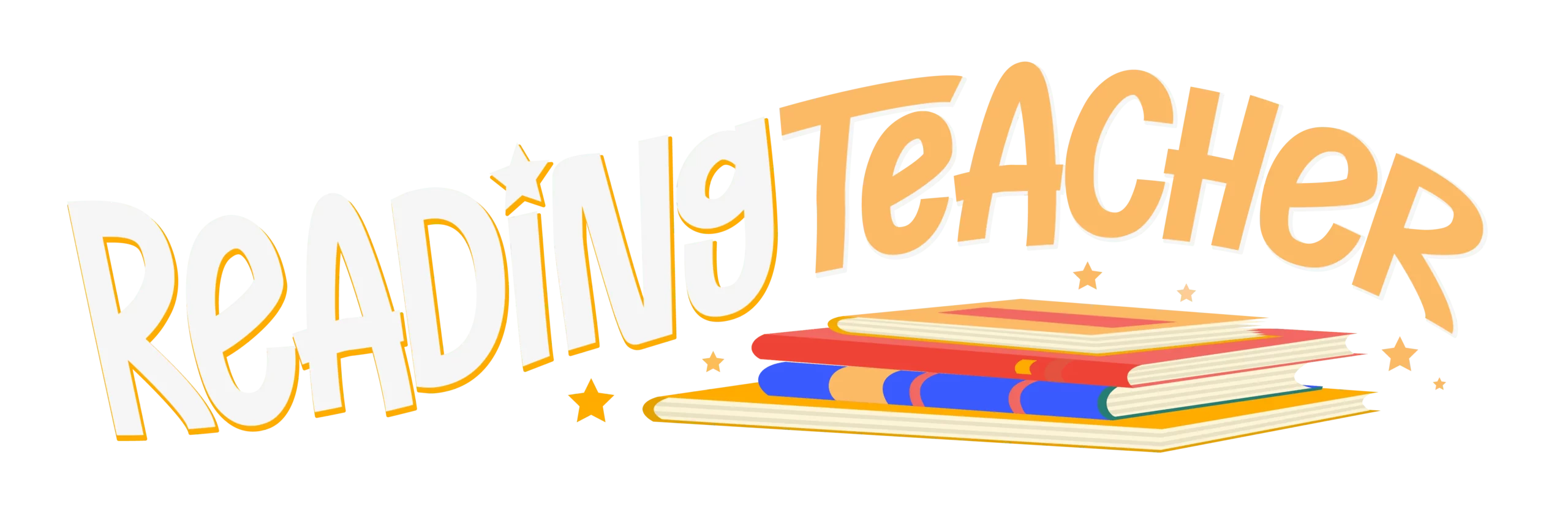Online Reading Programs for Struggling Readers
With the Internet at our fingertips, finding the right online program for your reader might seem like a simple task. At Reading Teacher, we understand that finding online reading programs for struggling readers can quickly evolve into hours of research and unnecessary stress. Summertime is not the time to be stressing about your student’s reading success - which is why we’re taking the time to explain how online reading programs can support and renew the confidence of struggling readers.

Signs of Reading Difficulty
Take a peek at your most recent search history. If “online reading program for struggling readers” is at the top of your list, you may have noticed some behaviors that now motivate your search. Yet when elementary schoolers spend all day at school, it can be surprisingly difficult to assess their reading proficiency. If you’re unsure, read a grade-level book with your child and take note of the following signs:
- Sounding out words is a chore
- Recognizing common sight words is just as difficult, even after regular exposure
- The reader struggles to manipulate sounds and understand how they form words, suggesting poor phonological awareness
- They also struggle to summarize or retell stories they’ve just read
- The culprit? Poor reading comprehension, which usually stems from issues with decoding. When struggling readers focus all of their attention on simply decoding words, the story’s plot line fades into the background.
- Frequently guessing at or skipping words, despite encountering the same words in decodable readers

Why Is My Student Struggling With Reading?
Understandably, most online reading programs for struggling readers target the most common reading issues: struggles with decoding, sounding out words, and comprehension. Even after their students become strong readers, parents and educators are often left wondering: why did my student struggle in the first place? While no child’s journey is the same, researchers have identified some common reasons for reading setbacks:
- Remote Learning: The young readers of 2022 represent a unique cohort of students whose earliest reading lessons took place 100% online. The lasting impact of virtual learning on reading proficiency remains unclear, but early U.S. research suggests the long-term negative impact of distance learning on reading fluency.
- Dyslexia and Other Learning Challenges: In our fast-paced world, reading disabilities and attention disorders such as Attention Deficit-Hyperactivity Disorder (ADHD) easily go unnoticed. Without proper treatment, learning disabilities can limit a child’s ability to attend to - and ultimately comprehend - their reading assignments.
- Mismatch in Learning Styles: Your student may be an auditory learner - but their teacher’s reading curriculum caters to visual learners. Understanding different learning styles can help parents and teachers find online programs for struggling readers that supplement students’ classroom or daytime reading lessons.
Reading Programs for Struggling Readers in Elementary School

Especially for struggling readers, establishing a strong foundation in phonics is a #1 priority. The Reading Teacher phonics program includes a library of 100 decodable books and 300 printable materials tailored to struggling readers in kindergarten and elementary school. The first level of Reading Teacher is completely free and grants teachers, parents, and students full access to interactive & decodable stories.
The science of reading shows that phonics are essential for developing phonological awareness: a key building block for lifelong reading. When it comes to reading, research also demonstrates that two senses are better than one. In light of these findings, Reading Teacher’s online curriculum uses audio to introduce students to novel sounds. When students encounter new words and letters, they’ll develop a firmer grip on the relationship between words, letters, and sounds, which is essential for long-term reading success.
As with most things in life, the journey is worth the destination. It may take time, but investing in an online reading program can transform the outlook of a struggling reader.
Take-Aways:
- To identify the best online reading programs for struggling readers, adults should take note of poor reading comprehension, struggles with decoding, and other common signs of reading difficulty.
- Today’s elementary schoolers struggle with reading for a variety of reasons, including a history of remote literacy lessons, learning disabilities, and a mismatch between their learning styles and the reading lessons used by teachers and/or parents.
- Coupling in-person reading lessons with an online reading program can help meet the needs of struggling readers.
Start Teaching Reading for Free Now!
Access Level 1’s four interactive stories and the accompanying supplemental resources to teach elementary students how to read. No credit card is needed. Join the 42,635 teachers and students using our reading program.



